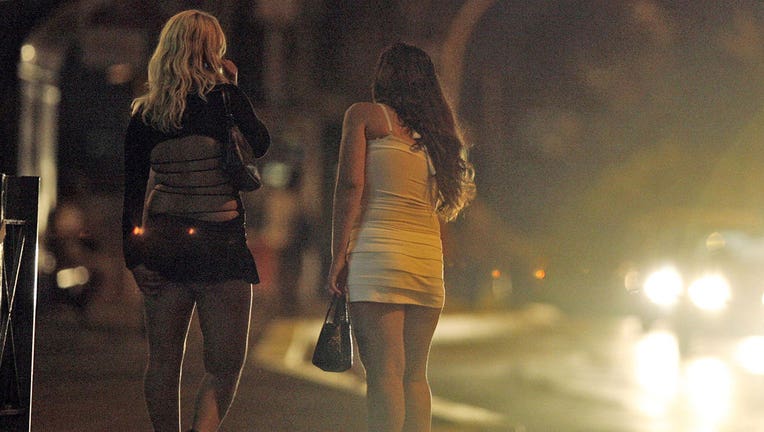Support grows for decriminalization of prostitution in New York State, study finds

NEW YORK - A movement to decriminalize prostitution could be gaining momentum in New York State.
After a failed attempt to legalize the sex trade last year, lawmakers in Albany were introducing new legislation to protect sex workers, according to local reports. The legislation would not impact sex trafficking and offenses related to minors, which are illegal.
The increasingly progressive makeup of the legislator including State Sens. Julia Salazar and Jessica Ramos, and Assembly members Richard Gottfried, Dan Quart and Catalina Cruz have shown support for the measure in the past.
On Monday, Ramos shared a link to a report in City & State about a new coalition, Decrim NY, that aims to “decriminalize, decarcerate and destigmatize the sex trade.”
"As this movement gains momentum, New York is even closer to becoming the 1st state to decriminalize sex work!," wrote Ramos. "Our goal is to help trafficking survivors while allowing those selling sex—by circumstance or choice—to do so safely."
"Criminalization does not address why people trade sex, because most people trade sex out of economic need: to pay bills, make rent, and put food on the table," Ramos and Salazar wrote in an article for the NY Daily News last year. "People often turn to sex work after a life event such as a major health-care bill leaves them economically vulnerable. LGBTQ, black and brown, immigrant and disabled communities engage in sex work at higher rates because they are locked out of jobs in the formal economy."
---------
Get breaking news alerts in the FOX5NY News app. It is FREE!
---------
The think tank Data for Progress found that nearly two-thirds of Democrats support fully decriminalizing sex work, along with two-thirds of all voters under 45.
52 percent of all voters said they “somewhat” or “strongly” support sex work decriminalization.
If passed, New York would become the first state to decriminalize sex work.
Editors note: The headline has been changed to explain that the study involved the decriminalization of prostitution and not the legalization of prostitution.

